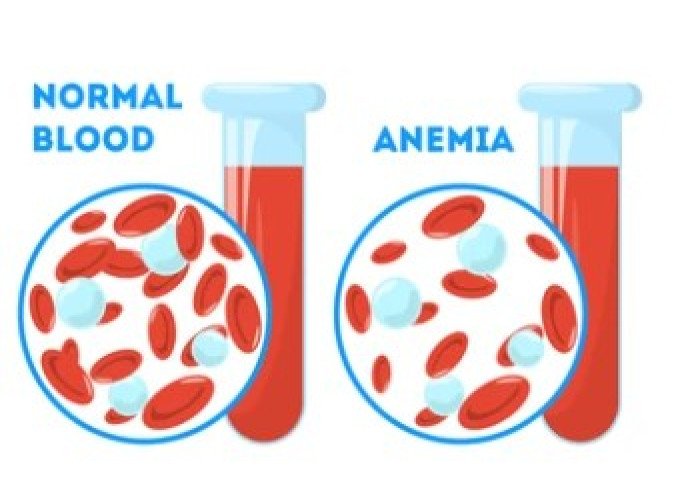 Welcome
Welcome
“May all be happy, may all be healed, may all be at peace and may no one ever suffer."
Loading...
Watery eyes Generics
Watery eyes - Homeopathic remedies
Watery eyes can be a symptom of several different conditions, including:
- Allergies: Allergic reactions can cause the eyes to produce excess tears in response to irritants such as pollen, dust, or pet dander.
- Dry eyes: Ironically, eyes can water excessively when they are not producing enough natural tears to keep the surface of the eye moist. The eyes may overcompensate by producing too many tears in response to dryness.
- Eye infections: Infections such as conjunctivitis (pink eye) can cause the eyes to water, along with symptoms such as redness and discharge.
- Eyestrain: Staring at screens or reading for long periods can cause eye fatigue and watery eyes.
- Environmental irritants: Smoke, fumes, and other environmental irritants can cause the eyes to water.
- Blocked tear ducts: Blockages in the tear ducts can prevent tears from draining properly, leading to watery eyes.
Treatment for watery eyes depends on the underlying cause. For example, allergies can be treated with antihistamines or eye drops, while infections may require antibiotics. If you are experiencing persistent or severe watery eyes, it is important to see an eye doctor for an evaluation.

Boil
N/A

Cervical cancer
N/A

Hemoglobin deficiency
N/A

Hiccups
N/A

Goitre
N/A

Malignant boil
N/A

Gout
N/A

Edema
N/A
Searching Keywords Idea
Watery eyes, চোখে দিয়ে জল পড়া
Bangladesh is Number One in Digital Medical Management.
To be happy, beautiful, healthy, wealthy, hale and long-lived stay with DM3S.
To be happy, beautiful, healthy, wealthy, hale and long-lived stay with DM3S.
